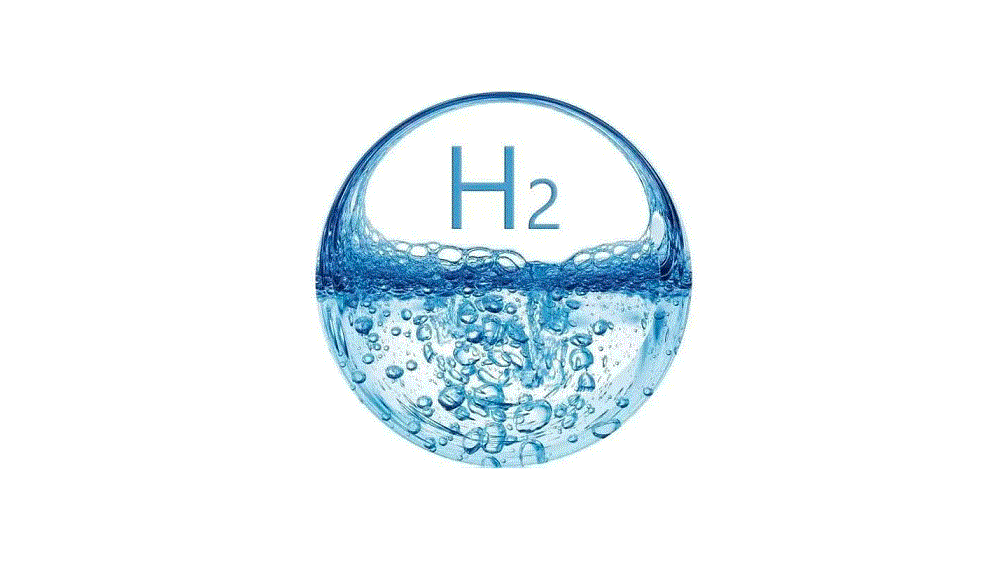The Gigastack second phase includes a front end engineering design (FEED) study for a 100MW electrolyser system

Consortium awarded $9m funding for Gigastack hydrogen project. (Credit: Ørsted.)
A consortium including ITM Power, Ørsted, Phillips 66 and Element Energy has been awarded a £7.5m funding for the next phase of Gigastack, a low-cost, zero-carbon hydrogen project in the UK.
The funding for the renewable hydrogen project being has been provided as part of the Department for Business, Energy and Industrial Strategy (BEIS) Hydrogen supply competition.
Ørsted hydrogen vice president Anders Christian Nordstrøm said: “Creating renewable hydrogen with offshore wind really has the potential to decarbonise industrial processes, and what is needed now is to scale up the electrolyser technology and bring the cost down. We’ve seen this happen in offshore wind.
“With industry and government working together, there has been a rapid deployment and a huge cost reduction. This project aims to do the same with hydrogen. At the right cost, this technology has the potential to play a huge role in meeting the UK’s decarbonisation targets.”
Gigastack project will identify challenges for renewable hydrogen systems
The initial phase of the Gigastack project, which was completed in 2019, utilised low-cost modular 5MW electrolyser ‘stack’ designs, developed by ITM Power, which has partnered with Ørsted to explore business models for the first industrial-scale 100MW electrolysers.
In the second phase of the project, a front end engineering design (FEED) study is planned to be conducted on a 100MW electrolyser system using staged installations with a nominal capacity of 20MW.
The FEED study will feature a design of hydrogen production system connected to wind farm and industrial off-taker using ITM Power’s new generation of electrolyser stack technology, renewable energy directly from Ørsted’s Hornsea Two offshore wind farm.
The resulting renewable hydrogen will be supplied to an industrial off-taker, Phillips 66’s Humber Refinery.
Phillips 66 UK lead executive and Humber Refinery general manager Darren Cunningham said: “This project aligns with our record of developing new low-carbon markets within the UK and worldwide, following our innovative technologies, which are key to lithium-ion battery production and, more recently, our biofuels produced from used cooking oil.
“The Humber region is uniquely positioned within the UK for the large-scale deployment of renewable hydrogen. Direct access to existing offshore wind power and a developed industrial base with hydrogen demand at Phillips 66 Limited’s Humber Refinery provides an ideal opportunity to develop a new renewable hydrogen market where the feedstocks are just water and renewable power.”
